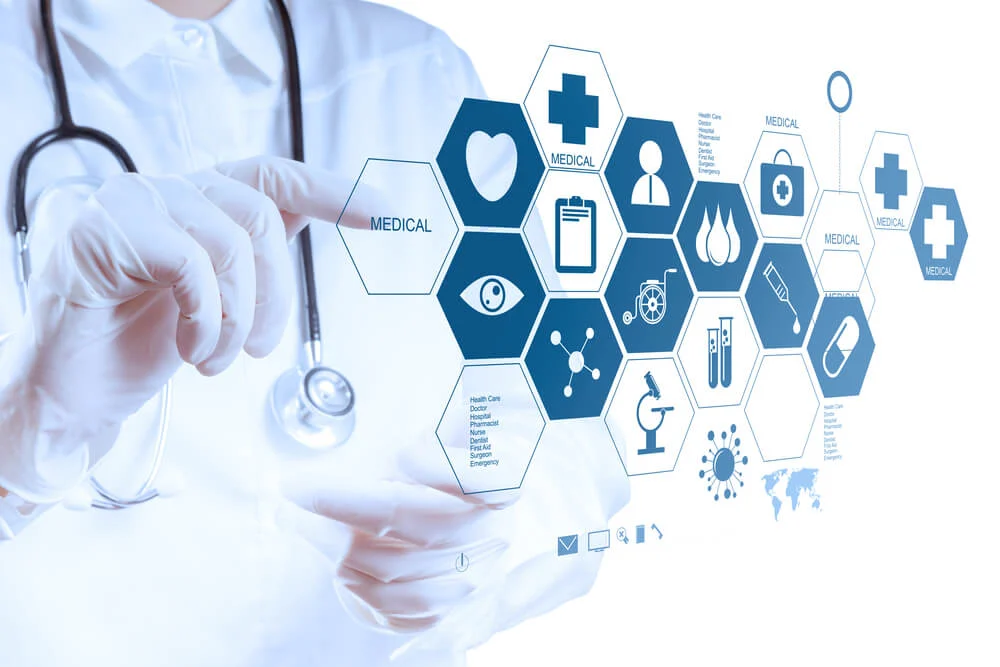In the ever-evolving field of medicine, the intersection of science, technology, and human compassion has led to remarkable advancements in understanding, diagnosing, and treating various health conditions. From ancient healing practices to cutting-edge medical innovations, the journey of medicine reflects a continuous quest to alleviate suffering, prolong life, and enhance the well-being of individuals and communities.
Historical Foundations of Medicine
The roots of medicine trace back to ancient civilizations where healing practices were often intertwined with spirituality and mysticism. As knowledge expanded, early medical pioneers laid the groundwork for systematic approaches to healthcare. The ancient Greeks, for example, made significant contributions to the understanding of anatomy and the concept of disease.
Modern Medicine: A Multifaceted Landscape
Today, medicine is a complex and multidisciplinary field encompassing various specialties such as internal medicine, surgery, psychiatry, and more. Medical professionals, including doctors, nurses, pharmacists, and researchers, collaborate to address a myriad of health challenges. The integration of technology has propelled medicine into a new era, enabling precision diagnostics, personalized treatments, and groundbreaking research.
Technological Advancements in Diagnosis and Imaging
Diagnostic tools have seen tremendous advancements with the integration of technology. From X-rays and MRI scans to genetic testing and molecular imaging, healthcare professionals can now visualize and understand the intricacies of the human body with unprecedented clarity. These technologies aid in early detection, precise diagnosis, and the development of targeted treatment plans.
Pharmaceutical Innovations: The Power of Medications
Pharmaceutical advancements have transformed the landscape of medical treatment. Breakthrough drugs and therapies have been developed to manage and cure diseases that were once considered incurable. From antibiotics and vaccines to targeted cancer therapies and gene therapies, medications have played a pivotal role in improving patient outcomes and enhancing overall health.
The Rise of Preventive Medicine
A paradigm shift towards preventive medicine has gained momentum in recent years. Emphasizing lifestyle modifications, early screenings, and vaccinations, preventive medicine aims to identify and address health risks before they escalate. Public health initiatives, including education on nutrition, exercise, and mental well-being, contribute to a proactive approach to maintaining health.
Challenges in Global Healthcare
While medicine has achieved remarkable milestones, significant challenges persist in global healthcare. Disparities in access to healthcare, the rising burden of non-communicable diseases, and the ongoing challenges of infectious diseases underscore the need for concerted efforts to create more inclusive and equitable healthcare systems worldwide.
The Role of Artificial Intelligence in Medicine
Artificial Intelligence (AI) is increasingly becoming a game-changer in medicine. Machine learning algorithms analyze vast datasets, offering insights into disease patterns, treatment responses, and predicting patient outcomes. AI applications range from diagnostic support to drug discovery, ushering in a new era of data-driven and precision medicine.
Ethical Considerations and Patient-Centered Care
As medicine progresses, ethical considerations become paramount. Balancing technological advancements with patient autonomy, privacy, and the ethical use of emerging technologies ensures that medical practices remain centered on the well-being of individuals. The importance of compassionate and patient-centered care cannot be overstated in the evolving landscape of healthcare.
The Future of Medicine: Challenges and Hope
Looking ahead, the future of medicine holds both challenges and hope. Advancements in genomics, regenerative medicine, and the integration of digital health solutions are poised to reshape healthcare. Addressing global health disparities, fostering medical education, and adapting healthcare systems to the changing needs of diverse populations will be key in realizing the full potential of modern medicine.
Conclusion
Medicine, as a field of study and practice, embodies the relentless pursuit of understanding, healing, and enhancing the human experience. From ancient remedies to state-of-the-art therapies, the journey of medicine reflects the resilience of the human spirit in overcoming health challenges. As we navigate the complexities of modern healthcare, a commitment to scientific inquiry, ethical practice, and a patient-centered approach will continue to guide the evolution of medicine, ensuring a healthier and more compassionate world for generations to come.

